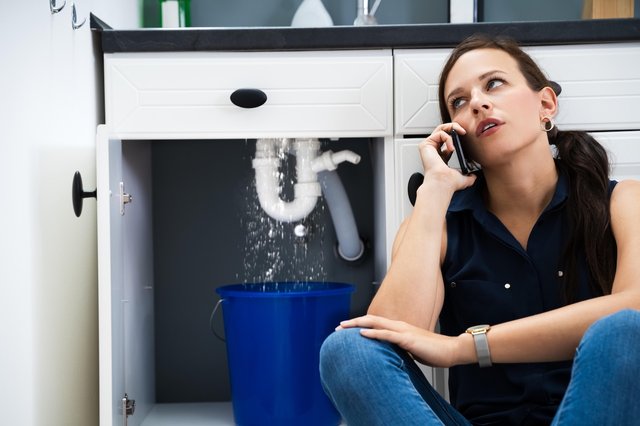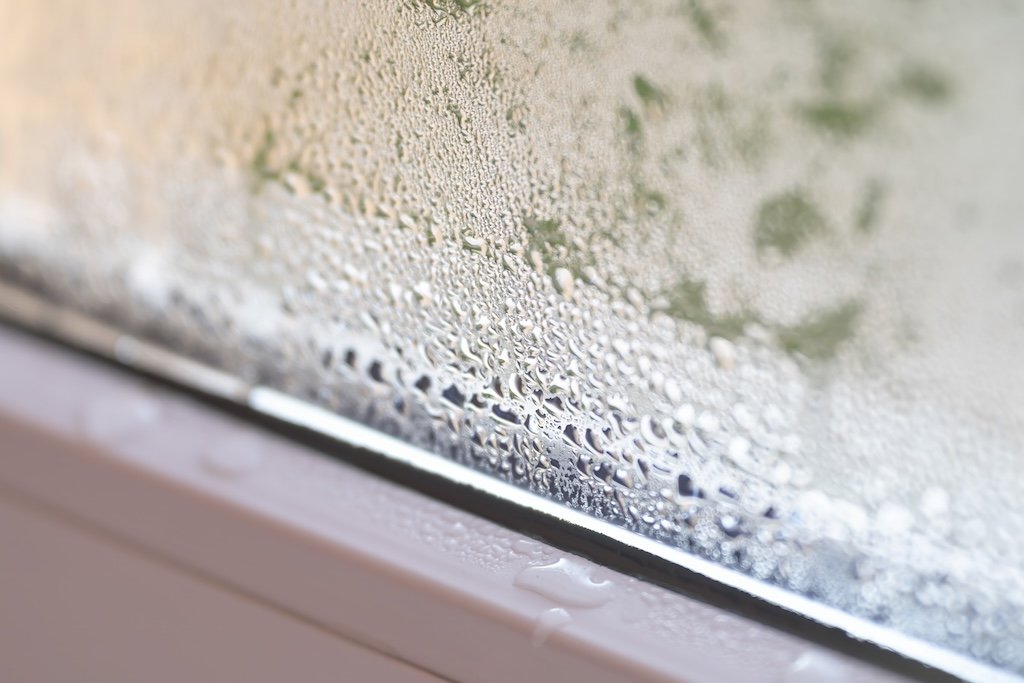Top 7 Causes of Water Damage in Rentals and How Renters Insurance Helps

Water damage is one of the most common (and expensive) causes of insurance claims in rental properties. Whether it’s a slow drip or a sudden flood, water can ruin your belongings, displace you temporarily, and leave you with unexpected repair bills. The good news? Most of these situations are preventable—and renters insurance can serve as a safety net when things go wrong.
In this article, we’ll break down:
- The most common causes of water damage in rental homes
- How to prevent them before they become problems
- How renters insurance protects you—and what it doesn’t cover
7 Common Causes of Water Damage in Rental Properties
Here are the most frequent culprits:
| Cause | Description |
|---|---|
| Leaky Pipes | Old or corroded pipes can drip behind walls or under sinks without notice. |
| Appliance Failures | Dishwashers, washing machines, and water heaters can leak or overflow. |
| Clogged Drains | Kitchen sinks, toilets, and tubs can back up and cause overflow. |
| HVAC Condensation | Air conditioners and dehumidifiers can drip if not properly maintained. |
| Roof Leaks | Often caused by storms or wear and tear, water enters through the ceiling. |
| Window Seepage | Poor sealing or aging frames let rain sneak in during storms. |
| Flooding from Neighbors | Upstairs units or nearby plumbing mishaps can affect your space. |
What You Can Do to Prevent Water Damage as a Renter
While you can’t control the building’s plumbing, you can take steps to reduce risk:
1. Report Maintenance Issues Early
If you see any of the following, alert your landlord immediately:
- Discoloration on ceilings or walls
- Persistent musty smells
- Unusual dripping sounds
- Loose caulking around tubs or sinks
2. Use Appliances Wisely
- Don’t overload the washing machine.
- Never run appliances like dishwashers when you're not home.
- Check hoses on machines regularly for signs of wear or bulging.
3. Clear Your Drains
- Use drain catchers in showers and kitchen sinks.
- Avoid pouring grease down the kitchen sink.
- Clean bathroom drains monthly to prevent clogs.
4. Keep an Eye on Windows
If your windows leak during rain, use towels or containers temporarily and report the issue. You can also apply weatherproofing strips or caulk for minor drafts.

5. Know Where the Shut-Off Valves Are
In emergencies, shutting off water quickly can limit damage. Ask your landlord where shut-off valves are located (especially for toilets and sinks).
How Renters Insurance Helps with Water Damage
Renters insurance won’t cover everything—but it can make a big difference.
| Situation | Covered by Renters Insurance? | Notes |
|---|---|---|
| Burst pipe damages your belongings | ✅ Yes | Covered under “personal property” protection. |
| Flood from upstairs neighbor | ✅ Yes | Assuming it was sudden and accidental. |
| Flooding from natural disaster | ❌ No | Most renters policies exclude natural flooding—consider flood insurance. |
| Mold damage from slow leak | ❌ Possibly not | If caused by negligence or gradual damage, it may not be covered. |
| Hotel stay during repairs | ✅ Yes | Covered under “loss of use” if your rental becomes uninhabitable. |
Final Tip: Keep an Inventory
A digital inventory of your belongings—photos, receipts, and serial numbers—can speed up claims and help you prove the value of what you’ve lost.
Takeaway:
Water damage is surprisingly common—but with early action and a solid renters insurance policy, you can stay ahead of the risk. Prevent what you can, prepare for what you can’t, and protect your stuff in the process.
Find your perfect insurance policy
Compare the top insurance brands at once for free


